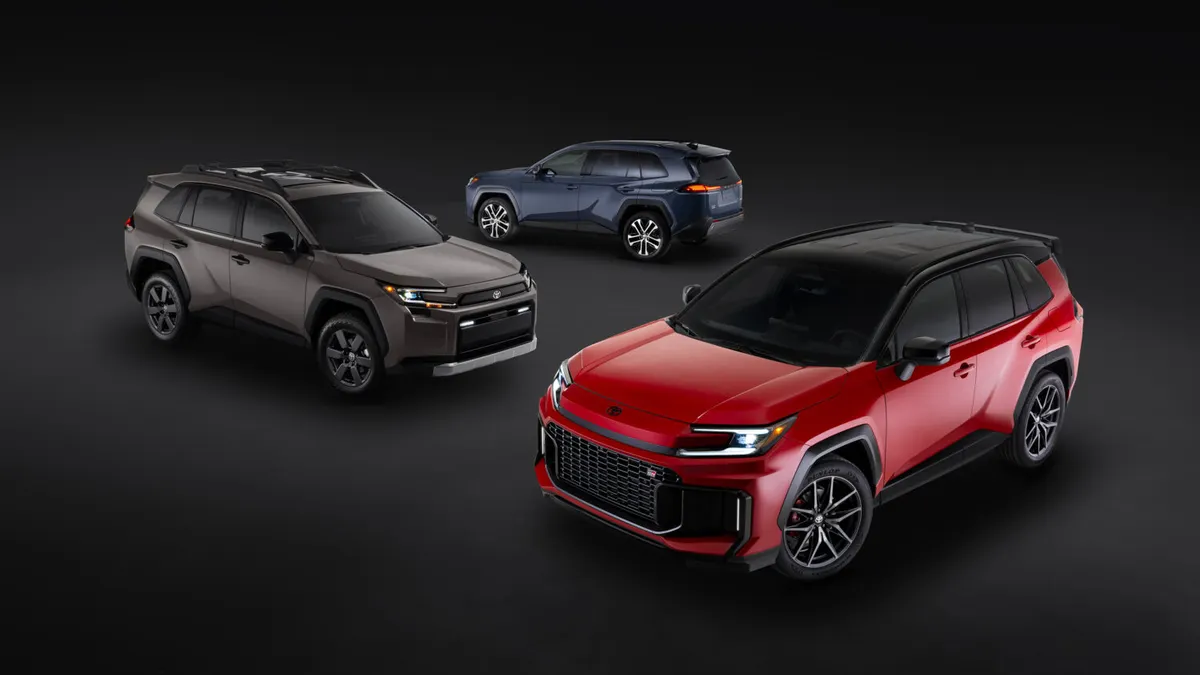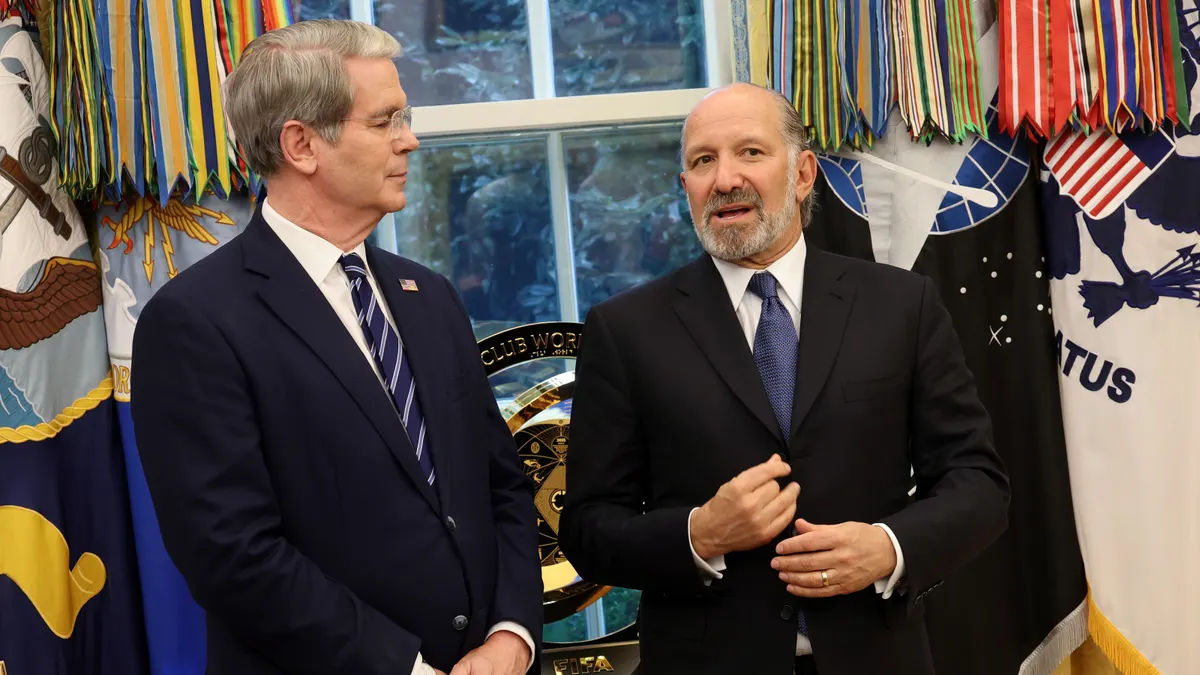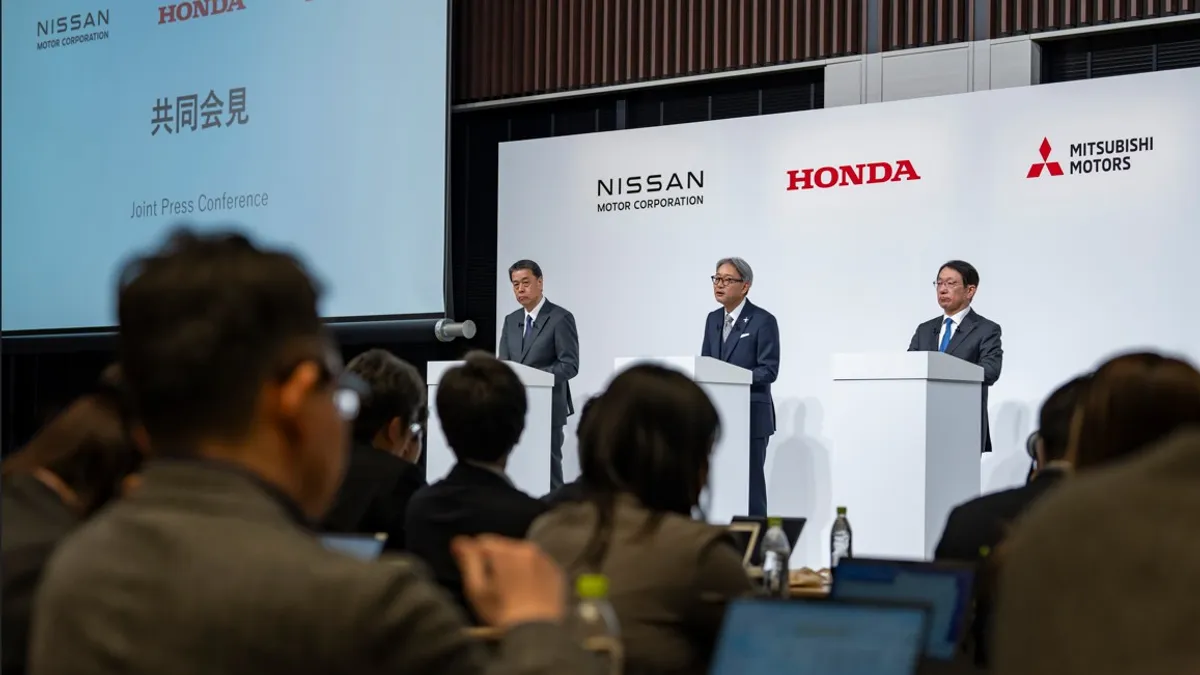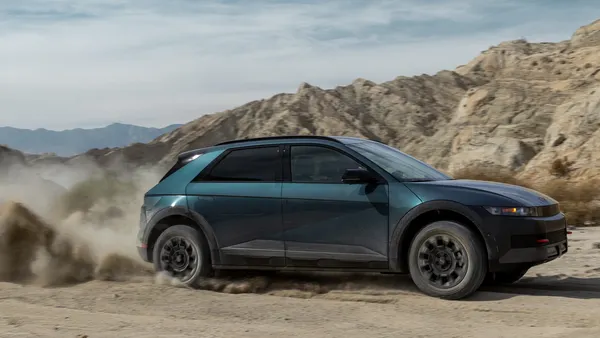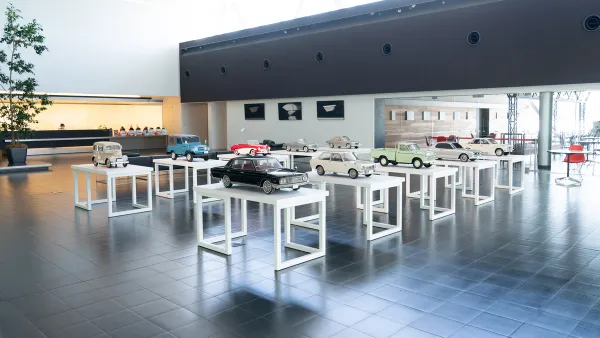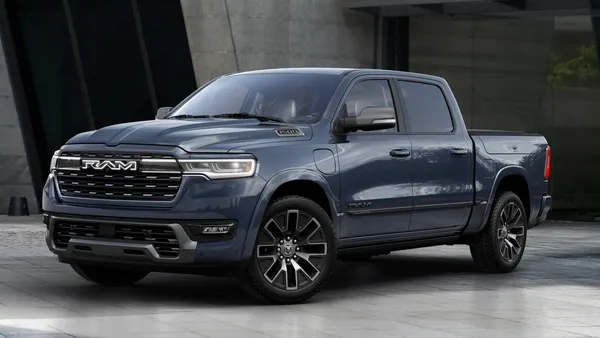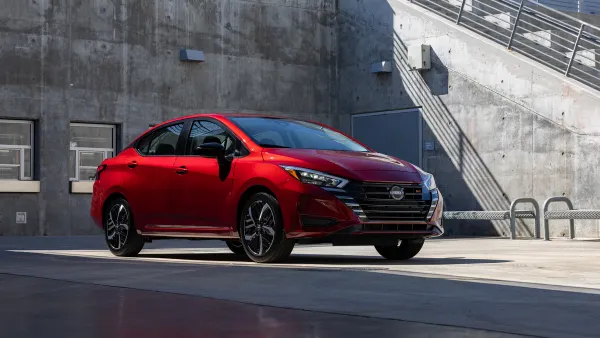Consumer new vehicle brand loyalty reached its highest level since the pandemic, according to a mid-year report from LexisNexis Risk Solutions. Between January and June 2025, 53.3% of consumers who bought a new car chose the same brand they currently owned, compared to 51.2% in December 2024.
The rate is the highest it has been since 2019, when 54.3% of new car shoppers were loyal to their chosen vehicle brand, the report said.
To analyze brand loyalty, LexisNexis Risk Solutions data scientists analyzed vehicle ownership and purchase data, and compared the brands of newly purchased vehicles with the brands of vehicles consumers kept in garages. “A more than 50% loyalty rate proves buyer brand loyalty retention with the same versus a competing brand,” LexisNexis Risk Solutions said.
LexisNexis Risk Solutions analysts described how tariffs and “geopolitical tensions” can lead to “fluctuations in consumer brand loyalty and an unstable industry.” Affordability challenges also affect brand loyalty, with researchers noting that higher import tariffs, higher prices and reduced discounts and incentives may weaken consumers’ loyalty to specific brands.
Kelley Blue Book reported that the average transaction price of a new vehicle in June was $48,907, which is 1.2% higher than the average transaction price in June 2024.
According to the LexisNexis report, Toyota customers were most likely to remain loyal to their brand. The company has an overall brand loyalty rate of 65.4%, with the strong loyalty of RAV4 owners — 69.4% of whom chose Toyota when purchasing a new car — boosting Toyota’s customer loyalty.
Meanwhile, Tesla—once a strong example of brand loyalty—saw its customer allegiance rapidly decline. Last year, Tesla led OEMs with a 60.9% brand loyalty rate, but according to the new LexisNexis report, it now positions the electric carmaker behind six other car manufacturers with its current 54.2% brand loyalty rating.
According to the report, when purchasing new electric vehicles, Tesla owners historically replaced their Tesla EVs with new Tesla vehicles 88% of the time. Now, with consumers’ satisfaction with Tesla stalling compared to the wide array of other EV brands to choose from, Tesla owners buying new EVs choose Tesla just 75% of the time.


